-
1. Cover
-
2. Voorwoord
-
3. Aansprakelijkheid van de producent
-
4. Werkgeversaansprakelijk
-
5. Expert aan het Woord: GGD-arts Machiel Vonk
-
6. Digital innovations
-
7. Digitale identiteitspas
-
8. Vaccinatieplicht
-
9. Vaccinatie bij minderjarigen
-
10. Ondernemers tussen wal en schip
-
11. Crisistijden in Oekraïne en Rusland
-
12. Kantoorbezoeken
-
13. JFV Katern
-
14. Colofon


